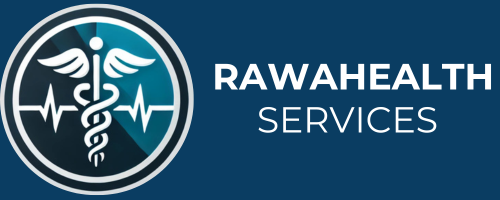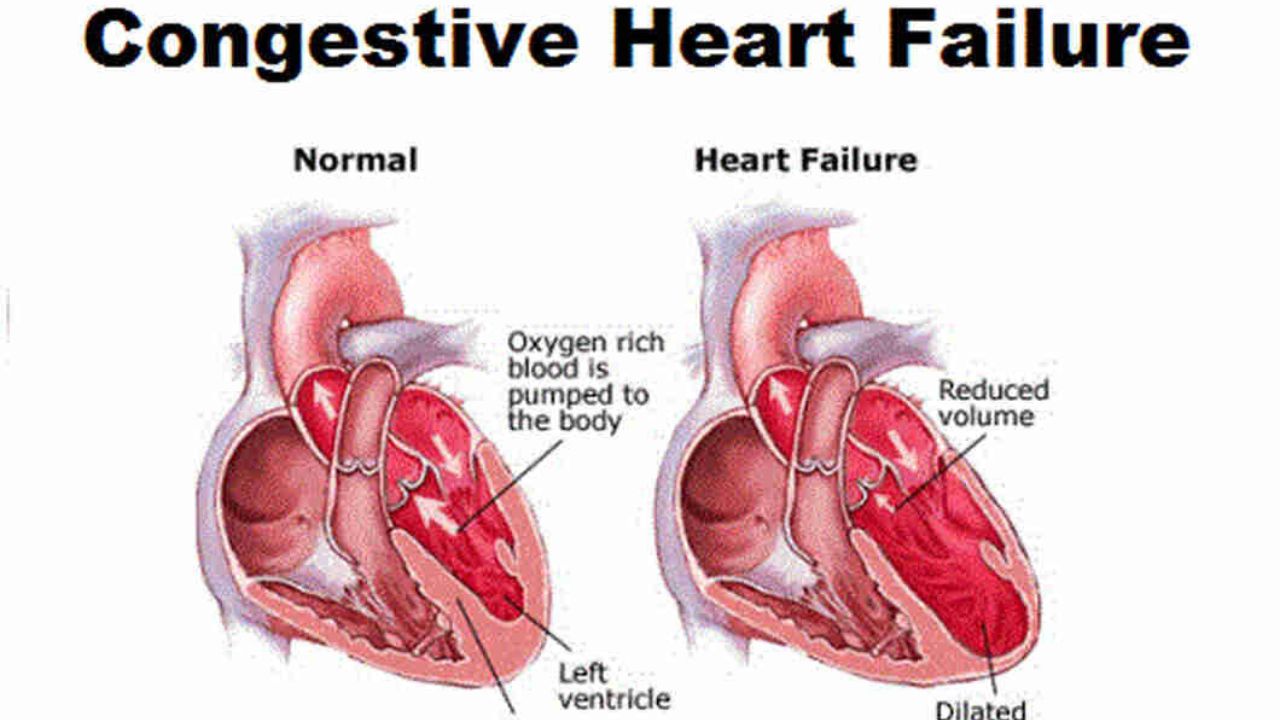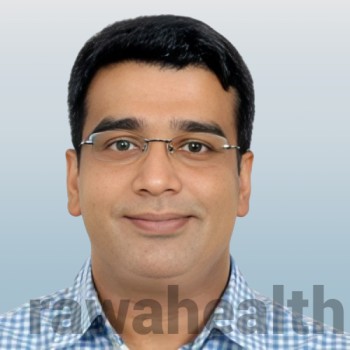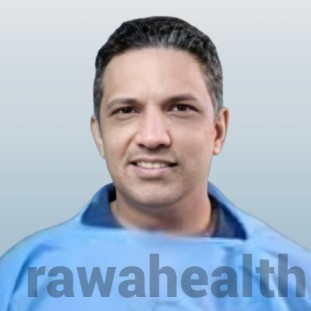Congestive Heart Failure (CHF) in India Overview
Heart failure, also known as congestive heart failure (CHF), occurs when the heart cannot pump enough blood to meet the body’s needs. This condition results from weakened or stiffened heart muscles. Although heart failure often begins on the left side, it can affect one or both of the heart’s pumping chambers. It may develop gradually due to other heart conditions or suddenly due to an acute insult to the heart muscles.
Symptoms of Heart Failure
Common symptoms of CHF include:
- Shortness of breath
- Fatigue
- Swelling in feet and legs
- Irregular heartbeats
- Severe coughing with frothy mucus
- Frequent nighttime urination
- Abdominal fluid accumulation
- Sudden weight gain
- Nausea
- Decreased appetite
- Difficulty concentrating
Heart failure is classified into four classes based on symptom severity:
- Class I: No symptoms
- Class II: Symptoms do not interfere with daily activities but cause fatigue after exertion
- Class III: Symptoms interfere with daily activities
- Class IV: Severe symptoms, including breathlessness at rest
Causes of Heart Failure
Factors contributing to heart failure include:
- Coronary artery disease
- High blood pressure
- Congenital heart disease
- Infections
- Long-term use of certain medications
- Drug abuse
- Inherited heart conditions
- Abnormal heart rhythms
- Diabetes and thyroid disorders
- Excessive alcohol consumption
- Smoking
- Obesity
Types of Congestive Heart Failure
Heart failure can be classified as:
- Left-sided heart failure: Causes breathing problems
- Right-sided heart failure: Causes swelling, especially in the legs
- Systolic heart failure: Issues with blood pumping
- Diastolic heart failure: Issues with blood filling
Treatment Options for Heart Failure
Max Institute of Cardiac and Vascular Sciences (MIHVS) at Max Hospitals is among India’s top cardiac hospitals. It treats heart defects, congenital heart disease, pulmonary heart failure, and coronary artery disorders. The institute offers comprehensive cardiac care, including state-of-the-art operating rooms and catheterization labs.
Available Facilities:
- Cardiac health examinations
- Invasive and interventional cardiology
- Pacemaker and electrophysiology services
- Arrhythmia services
- Acute myocardial infarction management
- Thoracic and abdominal procedures
- Varicose veins and aneurysm treatment
Treatment Methods:
- Medications: To treat underlying problems and manage symptoms
- Coronary artery bypass surgery: Uses blood vessels from other body parts to bypass blocked arteries
- Valve surgery: Corrects or replaces damaged heart valves
- Implantable cardioverter-defibrillators (ICDs): Regulates heart rhythm
- Cardiac resynchronization therapy (CRT): Improves blood pumping efficiency
- Mechanical circulatory support (MCS): Ventricular assist devices (VADs) help pump blood
- Heart transplant: Replaces a weakened heart with a healthy donor heart
Second Opinion on Congestive Heart Failure Treatment
For those seeking a second opinion on heart failure treatment, Max Hospital offers consultations with expert cardiologists. Understanding the causes and symptoms of CHF is crucial, as treating heart failure can significantly improve survival and quality of life. Visit Max Hospital to explore advanced treatment options for heart failure.





